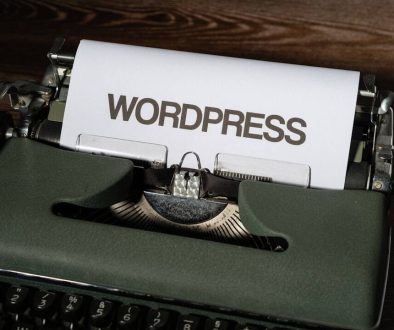Why Your WordPress Hook Won’t Access External Global Variables
WordPress is a powerful content management system (CMS) that offers flexibility through hooks—actions and filters—which allow you to modify or extend its functionality. However, many developers encounter a common problem: their hooks fail to access external global variables. This issue can lead to frustration, especially for those new to WordPress development. Let’s delve into the reasons behind this behavior and how to address it effectively.

Understanding WordPress Hooks
Before tackling the problem, it’s essential to understand how WordPress hooks work. Hooks are functions that let you “hook into” WordPress’ core and execute your code at specific points. There are two main types:
1. Actions: Used to perform tasks.
2. Filters: Used to modify data before it is displayed or saved.
For example, you might use an action to enqueue stylesheets or a filter to change the output of a post title. Hooks rely on functions (or methods) to carry out their tasks, and they often need access to data, including variables declared globally in the code.
Why Global Variables Cause Issues in WordPress Hooks
1. Scope Limitations in PHP
Global variables in PHP are not automatically accessible within functions, including those tied to WordPress hooks. This limitation exists because PHP functions create their own scope, isolating them from the global scope unless explicitly stated otherwise.
For example:
“`php
$my_global_variable = “Hello, World!”;
add_action(‘init’, ‘my_custom_function’);
function my_custom_function() {
echo $my_global_variable; // Undefined variable error
}
“`
Here, `$my_global_variable` is defined globally but is inaccessible within the `my_custom_function()` unless explicitly declared as global.
2. The Nature of WordPress Hooks
Hooks in WordPress are triggered at specific points in its execution flow. If your global variable is defined outside of the execution context of a hook, it may not yet be available. For instance, a variable defined within a theme’s `functions.php` file may not exist when a plugin hook runs because the execution sequence differs.
3. Confusion Between “Global” and “Accessible”
WordPress has its own set of global variables (like `$wpdb`, `$post`, etc.), but these are controlled and declared by WordPress itself. Simply declaring a variable as global does not ensure its availability across all hooks unless properly managed.
How to Access External Global Variables in Hooks
Now that we understand why hooks can’t access global variables by default, let’s explore solutions.
1. Use the `global` Keyword
The simplest way to make a global variable accessible in your hook function is to declare it explicitly with the `global` keyword inside the function:
“`php
$my_global_variable = “Hello, World!”;
add_action(‘init’, ‘my_custom_function’);
function my_custom_function() {
global $my_global_variable;
echo $my_global_variable; // Outputs: Hello, World!
}
“`
While this works, overusing global variables can lead to tightly coupled code, making debugging and maintenance challenging.

2. Pass Data Using Function Parameters
Instead of relying on global variables, you can use hooks with arguments. Some hooks allow you to pass data directly to your function, which eliminates the need for globals:
“`php
add_filter(‘the_title’, ‘modify_post_title’, 10, 2);
function modify_post_title($title, $post_id) {
$prefix = “Post ID: $post_id – “;
return $prefix . $title;
}
“`
Here, `$post_id` is passed directly to the function, avoiding reliance on external variables.
3. Use Class Properties
For more organized code, especially in larger projects, encapsulate your logic within a class and use properties to manage data:
“`php
class MyCustomClass {
private $my_data;
public function __construct() {
$this->my_data = “Hello from the class!”;
add_action(‘init’, [$this, ‘output_data’]);
}
public function output_data() {
echo $this->my_data;
}
}
new MyCustomClass();
“`
This approach reduces the risk of variable conflicts and improves maintainability.
4. Use WordPress-Specific Globals
WordPress has its own set of global variables (e.g., `$wpdb`, `$post`, `$wp_query`). These can be accessed directly within your hook functions, but ensure they are available in the hook’s context. For example:
“`php
add_action(‘the_post’, ‘display_post_title’);
function display_post_title($post) {
global $post;
echo $post->post_title;
}
“`
Best Practices
1. Minimize Global Variables: Limit the use of global variables to avoid unexpected behavior and maintain clean code.
2. Use Dependency Injection: Pass data directly to your functions whenever possible.
3. Leverage WordPress APIs: Utilize the extensive APIs provided by WordPress to fetch or manage data, reducing reliance on custom global variables.
The inability of WordPress hooks to access external global variables often boils down to PHP’s scope rules and the execution order of hooks. By understanding these fundamentals and employing best practices—like using the `global` keyword sparingly, passing arguments, or organizing code into classes—you can write more robust and maintainable WordPress code.



